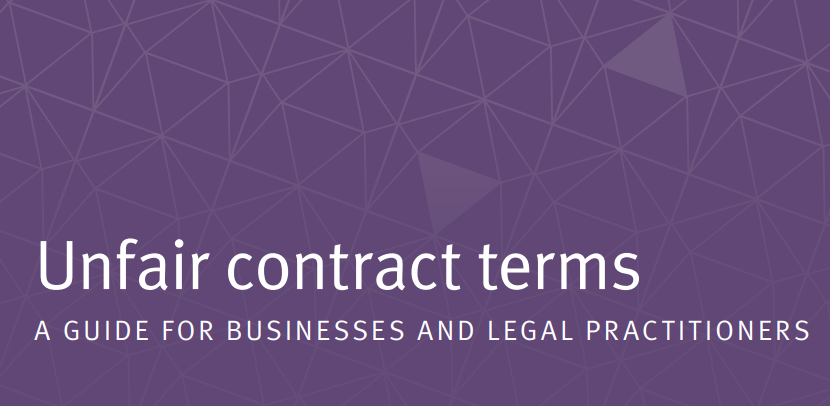Tax And The Everyday Challenges of Owning Investment Properties
Expert property investment and personal tax advice from TaxStoreWilletton
Investing in property has long been a popular way for Australians to build wealth. Whether you’re considering residential real estate, commercial properties, or a mix of both, the prospect of rental income and potential capital appreciation can be enticing. However, it’s crucial for property investors to understand that along with the financial rewards come taxation challenges. In this blog post, we will explore the tax implications of owning investment properties in Australia and provide expert advice to help you navigate these challenges successfully.
1. Rental Income and Deductions
Investors in Australian property are obligated to report rental income to the Australian Taxation Office (ATO). However, it’s not just the income that’s taxable; you can also claim deductions for expenses related to your investment property. This includes maintenance costs, interest on loans, property management fees, and more.
Expert Advice: “To maximize your tax benefits, keep meticulous records of all expenses related to your investment property. Engage a qualified accountant to ensure you’re claiming all eligible deductions and staying compliant with tax laws.”
2. Capital Gains Tax (CGT)
When you sell an investment property, you may be subject to Capital Gains Tax. This tax applies to the profit made on the sale, but there are concessions and exemptions available, depending on your circumstances and how long you’ve held the property.
Expert Advice: “Strategically planning your property sales can help minimize CGT. Seek advice from a tax professional to explore options such as the 50% CGT discount, which can significantly reduce your tax liability.”
3. Negative Gearing
Many property investors utilize negative gearing, where the expenses on the property, such as interest payments, exceed the rental income. While this can be a beneficial strategy, it’s essential to understand the tax implications and how it fits into your overall financial plan.
Expert Advice: “Negative gearing can provide short-term tax benefits, but it’s important to consider your long-term investment goals. Expert financial advice can help you balance your property portfolio for maximum tax efficiency.”
4. Property Depreciation
Property depreciation is another avenue for tax savings. As buildings and fixtures age, they can be depreciated, resulting in tax deductions for property investors.
Expert Advice: “Engage a quantity surveyor to assess your property and identify depreciable items. This can result in significant tax benefits over the life of your investment.”
5. Record-Keeping and Compliance
The ATO places a strong emphasis on accurate record-keeping and tax compliance for property investors. Failing to meet these requirements can lead to penalties and additional taxation.
Expert Advice: “Maintaining thorough records of all property-related financial transactions is critical. Regularly review tax regulations and, when in doubt, consult with a tax expert to ensure compliance.”
In Conclusion
Owning investment properties in Australia can be a lucrative venture, but the tax implications are complex and ever-changing. To make the most of your investment while staying within the bounds of tax laws, professional guidance is invaluable. A tax accountant or financial advisor with expertise in property investment can tailor a strategy to optimize your tax position and help you navigate the taxation challenges associated with property ownership.
Remember, the right tax strategy can significantly impact your return on investment and long-term financial success. Don’t hesitate to seek expert advice to make the most of your property investments while minimizing your tax burden.
Please note that this blog post is for informational purposes only and should not be considered as professional tax or financial advice. Always consult with a qualified tax accountant or financial advisor to address your specific tax-related concerns and questions related to property investments in Australia.



